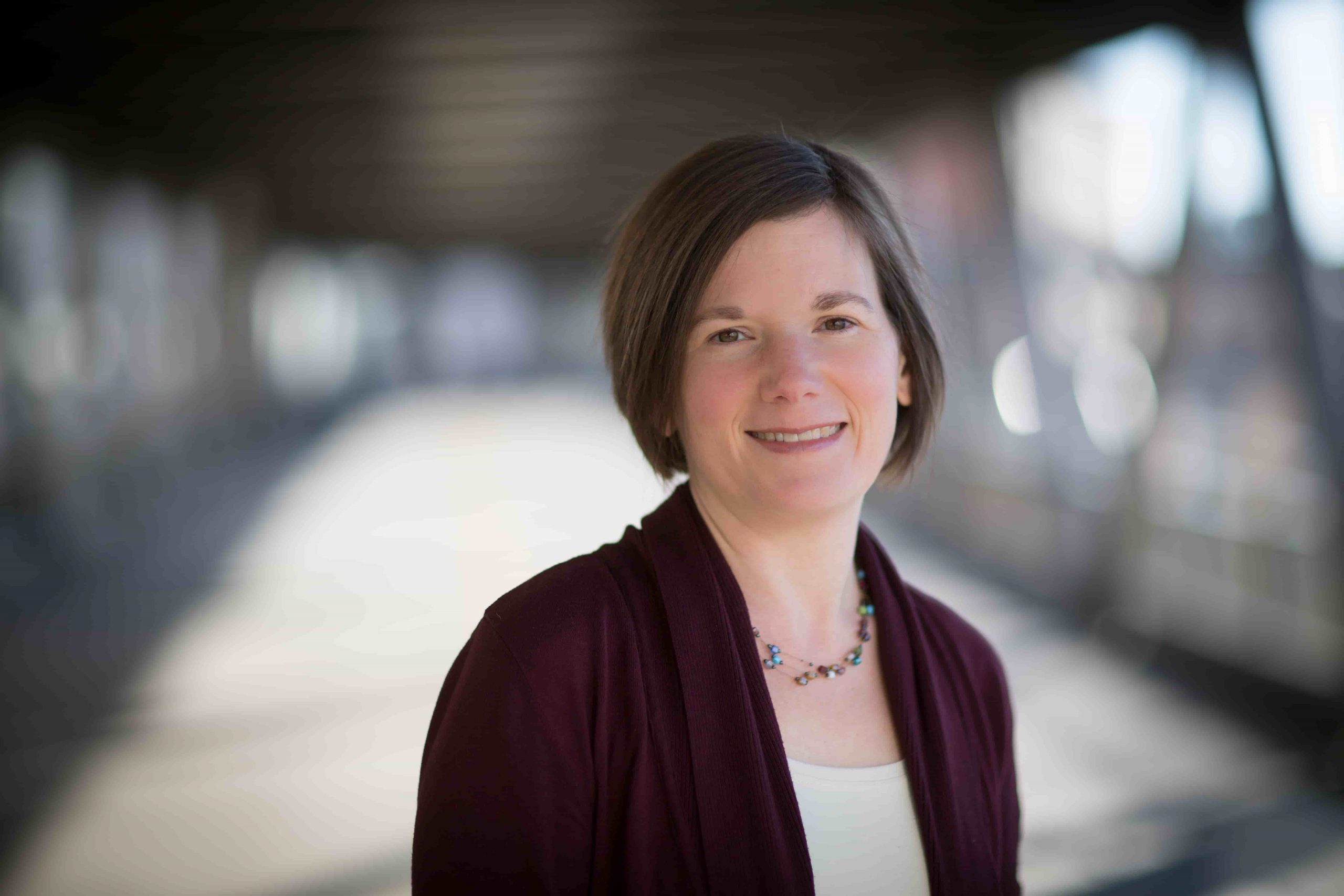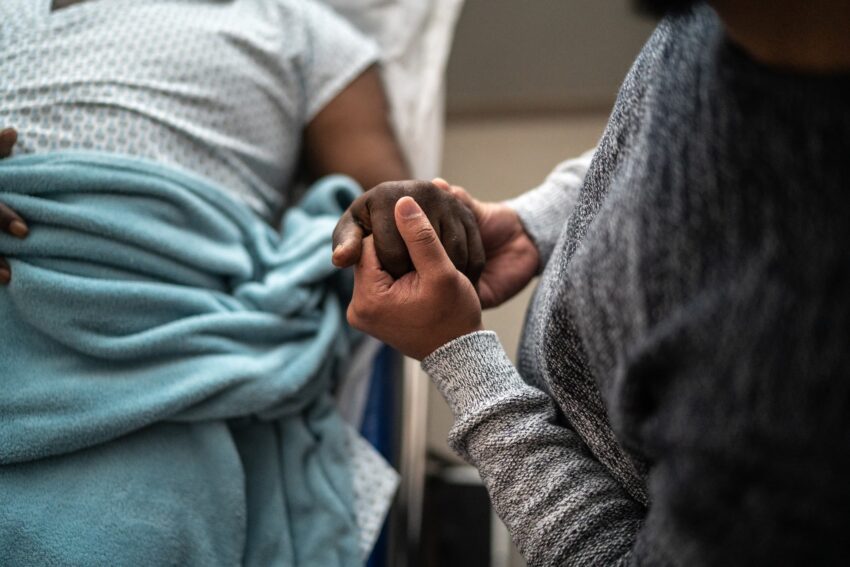Study finds that Black patients and patients living in certain regions experience greater delays.
For patients with cancer, lengthy delays in treatment can decrease their chances of survival. In an analysis of 2004–2017 information on patients with breast cancer in North Carolina, Black patients were more likely to experience such treatment delays than non-Black patients. Also, patients living in certain geographic regions of the state, regardless of race/ethnicity, tended to experience delays. The research is published by Wiley online in CANCER, a peer-reviewed journal of the American Cancer Society.

For the study, Katherine E. Reeder-Hayes, MD, MBA, MS, of the UNC Lineberger Comprehensive Cancer Center and her colleagues examined data on patients with stage I–III breast cancer who received surgery or chemotherapy as their first treatment and were listed in the Cancer Information and Population Health Resource, which links cancer registry and sociodemographic data to insurance claims. The research team defined a delay as >60 days from diagnosis to first treatment.
Among 32,626 patients, 19% were Black. Investigators found that 15% of Black patients experienced treatment delays compared with 8% of non-Black patients. Also, patients living in certain regions of the state were more likely to experience delays, with those in the highest-risk region being twice as likely to experience a delay as those in the lowest-risk region. This was the case for both Black and non-Black patients.
The magnitude of the racial gap in treatment delay varied by region, from 0.0% to 9.4%.
 “On average, about 1 in 7 Black women in our study experienced a lengthy delay, but this risk varied depending on where the woman lives in the state. These delays weren’t explained by the patient’s distance from cancer treatment facilities, their specific stage of cancer or type of treatment, or what insurance they had,” Reeder-Hayes said. “These findings suggest that the structure of local health care systems, rather than characteristics of the patients themselves, may better explain why some patients experience treatment delays and other adverse cancer outcomes.”
“On average, about 1 in 7 Black women in our study experienced a lengthy delay, but this risk varied depending on where the woman lives in the state. These delays weren’t explained by the patient’s distance from cancer treatment facilities, their specific stage of cancer or type of treatment, or what insurance they had,” Reeder-Hayes said. “These findings suggest that the structure of local health care systems, rather than characteristics of the patients themselves, may better explain why some patients experience treatment delays and other adverse cancer outcomes.”
The researchers are currently working on developing and testing tools for helping patients communicate about delays they’re experiencing, and for alerting health care systems early when a patient’s cancer treatment plan may be getting off track.
This research was supported in part by grants from the Susan G. Komen Foundation and the N.C. State Employees’ Credit Union. Work was also supported by the Cancer Information and Population Health Resource at the UNC Lineberger Comprehensive Cancer Center, with funding provided by the University Cancer Research Fund.
Authors and disclosures
In addition to Reeder-Hayes, the paper’s other authors are Bradford E. Jackson, PhD, Christopher D. Baggett, PhD, Tzy-Mey Kuo, MD, PhD, Emily F. Bell, Laura Green, MBA, Matthew R. LeBlanc, PhD, and Stephanie B. Wheeler, PhD, MPH, of UNC Lineberger, and Jacquelyne J. Gaddy, MD.
Reeder-Hayes and Wheeler received unrelated grant funding paid to their institution by the Pfizer Medical Foundation. All other authors made no disclosures.
About the Journal
CANCER is a peer-reviewed publication of the American Cancer Society integrating scientific information from worldwide sources for all oncologic specialties. The objective of CANCER is to provide an interdisciplinary forum for the exchange of information among oncologic disciplines concerned with the etiology, course, and treatment of human cancer. CANCER is published on behalf of the American Cancer Society by Wiley and can be accessed online. Follow us on Twitter @JournalCancer.
About Wiley
Wiley is one of the world’s largest publishers and a global leader in scientific research and career-connected education. Founded in 1807, Wiley enables discovery, powers education, and shapes workforces. Through its industry-leading content, digital platforms, and knowledge networks, the company delivers on its timeless mission to unlock human potential. Visit us at Wiley.com. Follow us on Facebook, Twitter, LinkedIn and Instagram.
—Wiley
